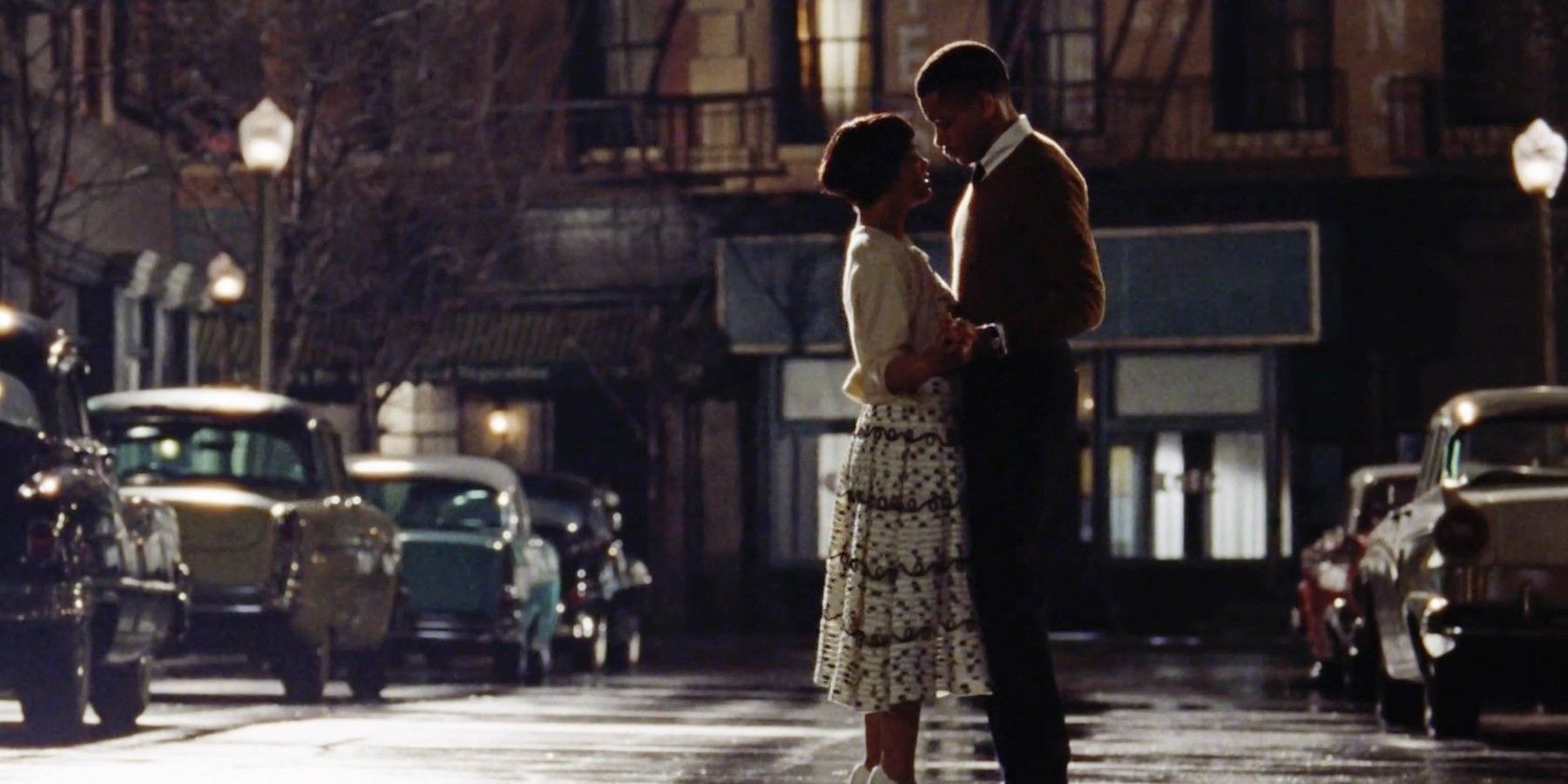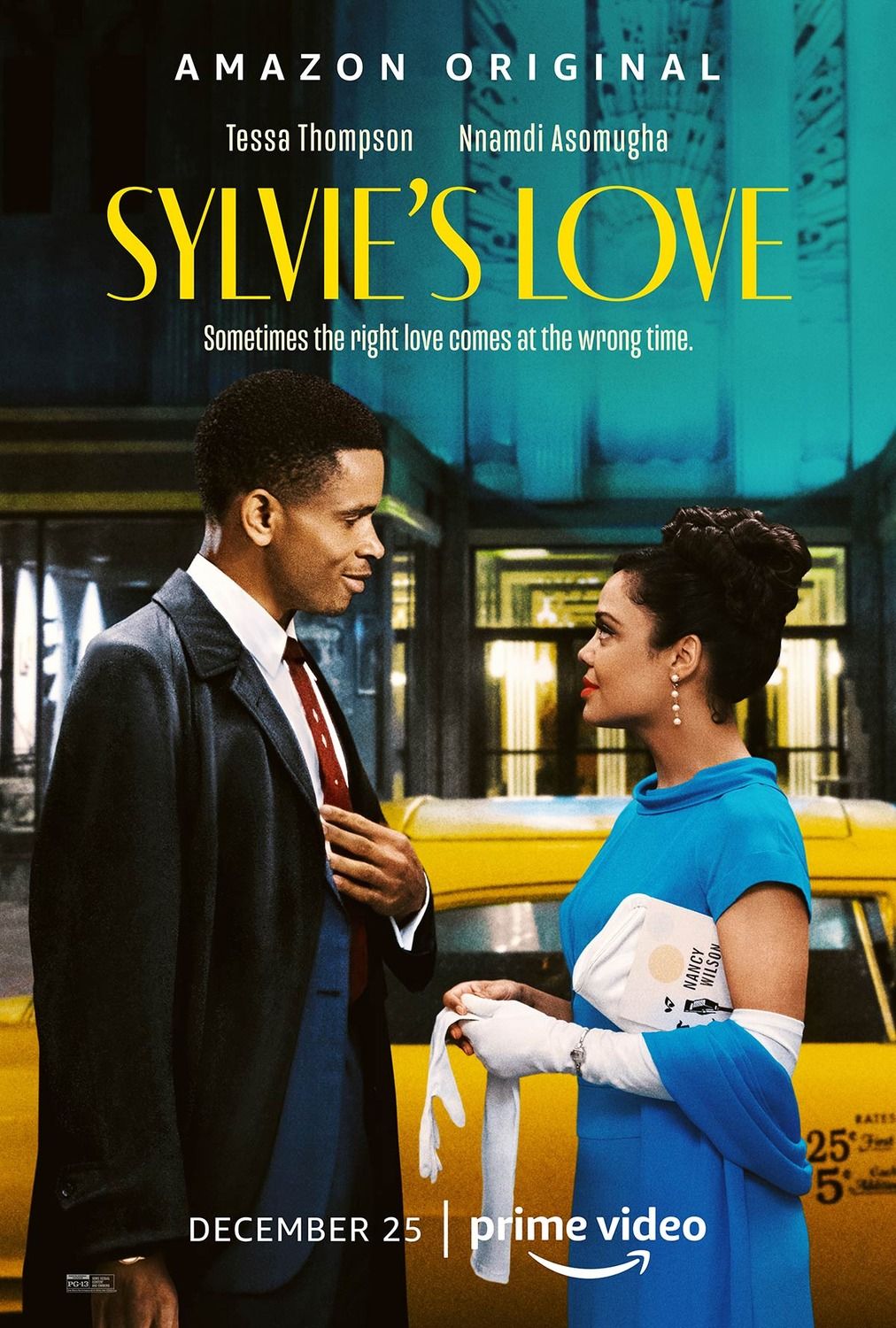Sylvie’s Love, out on Amazon Video starting December 23, indulges in a joyful expression of black love set in time period where that wasn’t explored as often. In the 1950s, record store worker Sylvie (Tessa Thompson) falls for saxophone player Howard (Nnambi Asomugha) amidst the music all around them.
Writer-director Eugene Ashe spoke to Screen Rant about what inspired him to craft the story, and how the film is in its own way like jazz.
What inspired the choice to be set in this time period?
Eugene Ashe: Well, looking at old family photos of my family told a very different story of black life than we usually see depicted during this time. It's usually focused on the civil rights movement, and through our trauma and outside oppression that happens to us. I wanted to tell a more personal story and really kind of highlight and focus on our humanity. That's really what it's about. And what more of a human emotion is there than love?
This movie is not only inspired by music, but at times the film actually feels like jazz. Can you talk to me about the music, and jazz in particular, that helps inform the story and the characters in Sylvie's Love?
Eugene Ashe: Yeah, I definitely think the rhythms are there. The pacing of it is a little slower; it's not an action movie with a bunch of car scenes. So, it does lends itself to the big string orchestra; that orchestral jazz that's playing helps with it, too. But really, it sets the tone for a very romantic film, and a nostalgic film, which is what I was going for.
Nnamdi Asomugha is amazing; he's one of my favorite NFL players of all time. What was it about the former athlete that you felt fit the gentle soul of jazz artist Robert?
Eugene Ashe: I'd seen the film Crown Heights with Nnamdi, and I found he had a lot of vulnerability in his character. And that was really what I needed for Robert, someone who was willing to show vulnerability often. Nnamdi's a 6'3" black dude, and a former football player, so to see him be gentle in his relationship with his daughter at the end, and how gentle he is with Sylvie and how vulnerable he is and willing to give up things so that she can be happy... I think was a very important story to tell.
Correct me if I'm wrong, this film was shot in Super 16. Why was that choice made? And was that grainy look made to reflect the era of that time?
Eugene Ashe: Yeah, without a doubt. There are other films set during that time, like Carol and A Single Man, that also use it. I had studied some of those, but also the Super 16 stock mimics more 35 stock from that era than 35 stock now. There has been tremendous advances, so it's really so clean, that it looks like it's digital. So, in order to get that grain and to get that real feeling, I needed to use a stock that had a little more contrast to it.
I know you were thinking about shooting in New York, but you ended up shooting in Paramount and Warner Bros. backlots. Can you talk to me about feeling that history that was there on when you were shooting?
Eugene Ashe: Yeah, that was exactly it, once we've made the decision to shoot there. Originally, I did envision making a movie that was a little more indie grit, but once we got on the backlot, it was suffused with all of the energy and the ghosts of those big Hollywood movies. You can't help but make a movie like that, just the way that those buildings are laid out. It's magical. Once you build the lights on them, you just feel like you're in 1960s making a movie. I was coming to set with ascots on. I was doing it.
The era almost feels like a character itself. Can you talk to me about the challenges of writing those characters without making them caricatures?
Eugene Ashe: Yeah, I think it's really starting with [the fact that] they have to have emotions that we can all relate to. Then the language is very important. It takes you out in a moment if Robert bumps into someone who's like, "My bad." You've got to pay attention to the way that people spoke and the cadence, and the way that they, let's say, put the clothes on. They started to live in the skin a little bit.
This happened in the past, so the things that we are familiar with now - like, brothers weren't wearing baseball hats, and they didn't have stubble. There's a relaxation to this time; people walk around wearing sweatpants. So, it was a different way of carrying yourself. That's what that was about.


